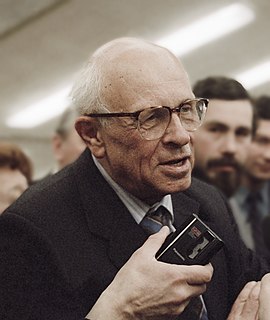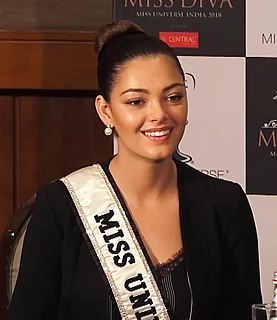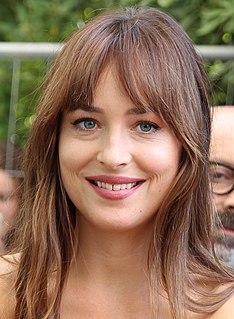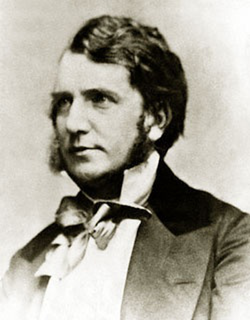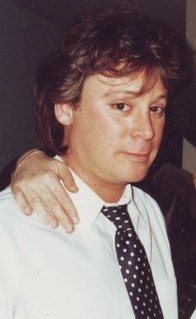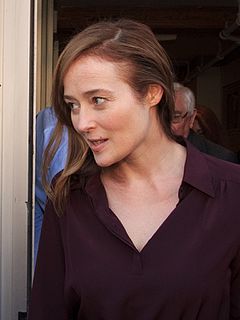A Quote by Andrei Sakharov
In and after 1964 when I began to concern myself with the biological issues, and particularly from 1967 onwards, the extent of the problems over which I felt uneasy increased to such a point that in 1968 I felt a compelling urge to make my views public.
Related Quotes
I felt so much when I was fifteen, sixteen, seventeen, I felt everything. I didn't understand [myself], I was so happy yet so angry and sad. That was the point when I realized that I needed to tell stories and make characters come alive and I needed to make people cry, and make people angry, and make people happy, and make them laugh.
For some nights I slept profoundly; but still every morning I felt the same lassitude, and a languor weighed upon me all day. I felt myself a changed girl. A strange melancholy was stealing over me, a melancholy that I would not have interrupted. Dim thoughts of death began to open, and an idea that I was slowly sinking took gentle, and, somehow, not unwelcome possession of me. If it was sad, the tone of mind which this induced was also sweet. Whatever it might be, my soul acquiesced in it.
There's never been a game plan, and I suppose I've had an uneasy relationship with my ambition. Someone who had been in my year at drama school once said to me that I was terrifyingly ambitious back then. Which was not at all what I felt at the time - I felt paralysed with shyness, though that evaporated.
